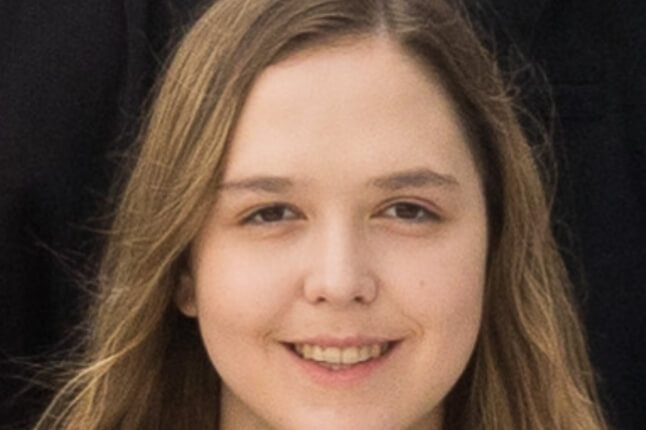News
Seven scientists and engineers are joining the Harvard Computer Science faculty, bringing expertise in a range of areas including emerging frontiers of artificial intelligence, machine learning, quantum engineering and data science. The additions will strengthen and diversify research, teaching, and scholarship in Harvard’s highly interdisciplinary program.
The new faculty will have appointments in the Harvard John A. Paulson School of Engineering and Applied Sciences (SEAS). The offices and labs of SEAS computer scientists are housed in Harvard’s newly opened Science and Engineering Complex, a state-of-the-art centerpiece of the University’s Allston campus and regional innovation cluster.
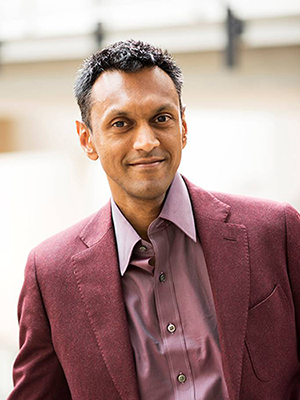
Sham Kakade, an expert in statistical machine learning, will join Harvard in January as the Gordon McKay Professor of Computer Science with a joint appointment in the Department of Statistics. Kakade, who helped lay the statistical framework for reinforcement learning and introduced tensor methods for latent structure discovery, explores the mathematical foundations of machine learning and AI. His work spans economics, neuroscience, and applied and theoretical machine learning. Kakade is currently a professor of computer science and statistics at the University of Washington and Senior Principal Researcher at Microsoft Research. He received his Ph.D. at the Gatsby Computational Neuroscience Unit, University College London, and his B.S. in physics at Caltech.
Also accepting appointments to the Harvard Computer Science faculty are:
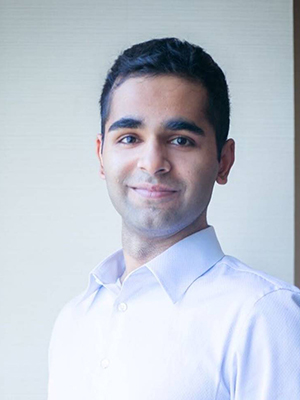
Anurag Anshu, Assistant Professor of Computer Science, whose work explores the complexity of quantum many-body systems through the lens of quantum complexity theory and quantum information theory. At Harvard, Anshu will engage in research and teaching in quantum computing, particularly with the University’s recently launched PhD program in Quantum Science and Engineering." Currently a postdoctoral researcher at the University of California, Berkeley, he earned his Ph.D. from the Centre for Quantum Technologies, National University of Singapore, and bachelor's degree in computer science from the Indian Institute of Technology, Guwahati.
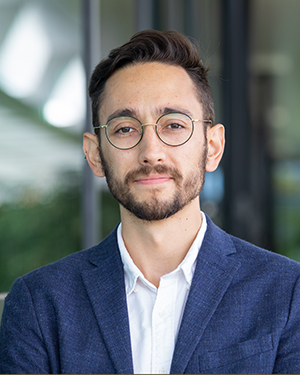
David Alvarez-Melis will join SEAS as Assistant Professor of Computer Science and Applied Mathematics from Microsoft Research New England, where he is a Senior Researcher in the Machine Learning and Statistics group. His research draws on ideas from statistics, optimization, and applied mathematics to make machine learning more trustworthy and more broadly relevant to data-limited applications, particularly those arising in the natural and medical sciences. He received his Ph.D. in computer science from MIT, bachelor’s from ITAM in Mexico City and master’s from New York University’s Courant Institute, both in mathematics.
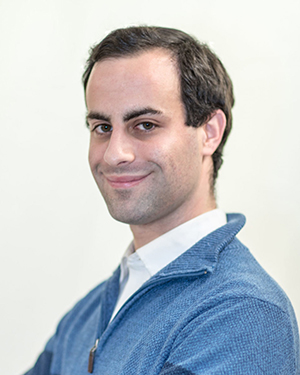
Jonathan Frankle, Assistant Professor of Computer Science, develops experimental methods for understanding the behavior of neural networks. He is a cofounder of a startup based on his work. Frankle, who earned his Ph.D. in machine learning from MIT, and bachelor’s and master’s in computer science from Princeton, is also actively involved in technology policy and spent a year working at the Georgetown University Law Center in this capacity.
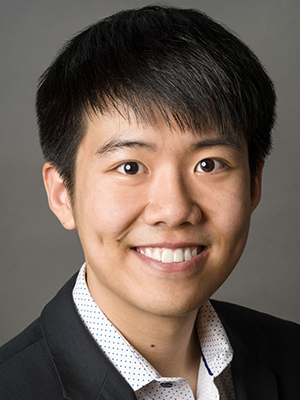
Sitan Chen, currently an NSF postdoctoral fellow at UC Berkeley and a Research Fellow at the Simons Institute, will join SEAS as Assistant Professor of Computer Science. Working at the intersection of theoretical computer science and machine learning, Chen designs algorithms with provable guarantees for fundamental problems in data science, especially in settings where data might be heterogeneous or contaminated. He received his Ph.D. from MIT in electrical engineering and computer science and bachelor’s in mathematics and computer science from Harvard.
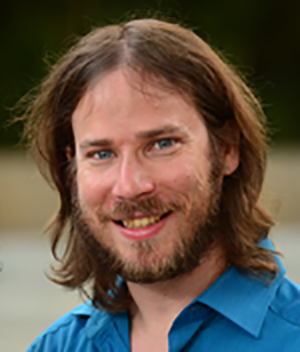
Yannai Gonczarowski joined Harvard as Assistant Professor of Economics and Computer Science. His research interests lie in the interface between economic theory, theoretical computer science, and game theory. He is interested in various aspects of complexity in mechanism design, including its interface with machine learning. Before joining Harvard, he was a postdoctoral researcher at Microsoft Research New England. He earned his Ph.D., master’s, and bachelor’s degrees in mathematics and computer science from the Hebrew University of Jerusalem, as well as bachelor's and master's degrees in classical singing from the Jerusalem Academy of Music and Dance.
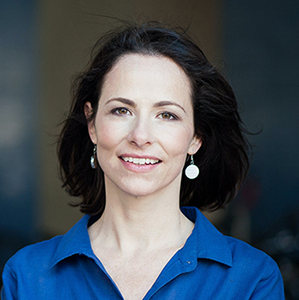
As previously announced, Fernanda Viegas will join SEAS as professor of Computer Science in January from Google, where she co-leads of the company's PAIR (People + AI Research) initiative.
“With this influx of talent, we have the opportunity to dream big,” said SEAS Dean Frank Doyle. “Our CS faculty already punches above its weight in cutting-edge research and innovative instruction. I am confident that our new recruits will help lead efforts to advance AI and ML in ways that bring tangible benefits to society.”
Harvard is home to the Center for Research in Computation and Societyand the Institute for Applied Computational Scienceat SEAS, and University-wide efforts such as the Harvard Data Science Initiative, the Berkman-Klein Center for Internet and Society, and Harvard Quantum Initiative, among others. Harvard computer scientists also engage with colleagues from the humanities and social sciences as well as professional schools of law, medicine, business, public health, government, and design.
“Harvard is a place where people think broadly about interdisciplinary approaches,” Kakade said. “Ideas from multiple disciplines are needed to crack the code on many modern challenges and to accelerate the pace of science and engineering. It is an exciting time to be at Harvard.”
Topics: AI / Machine Learning, Computer Science
Cutting-edge science delivered direct to your inbox.
Join the Harvard SEAS mailing list.
Press Contact
Paul Karoff

